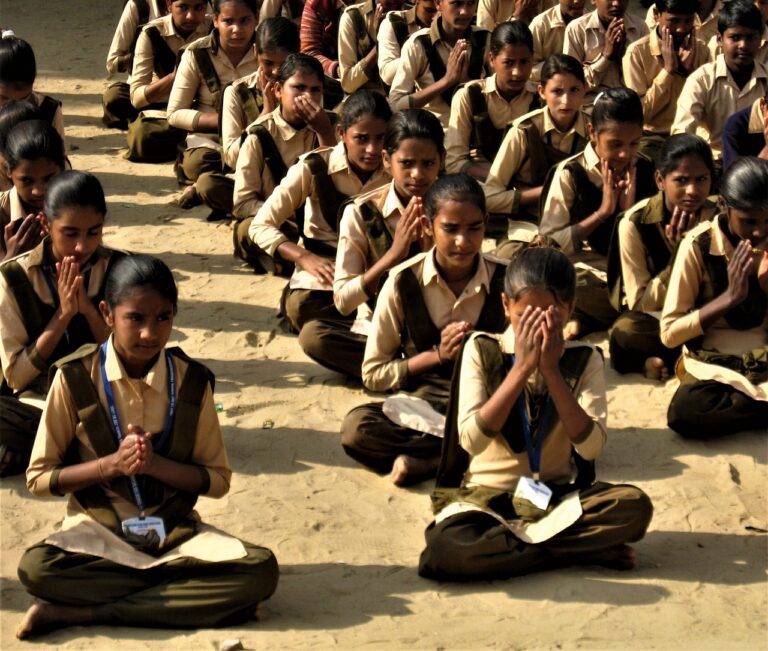Voter Perspectives on Government Response to Public Safety Concerns: All panel login, Crickbet99, Lotus365
all panel login, crickbet99, Lotus365: In today’s political landscape, public safety is a pressing concern for many voters. With rising crime rates, natural disasters, and other threats to communities, citizens are looking to the government for responses and solutions. But how do voters perceive the government’s role in addressing these public safety concerns? Let’s dive into the various perspectives on this issue.
The Role of Government in Public Safety
Many voters believe that ensuring public safety is one of the primary responsibilities of the government. They expect their elected officials to take proactive measures to protect citizens from harm and respond effectively in times of crisis. This includes funding law enforcement agencies, implementing disaster preparedness plans, and enacting policies to address emerging threats.
Law and Order
One common perspective among voters is the importance of law and order in maintaining public safety. Many believe that a strong police presence and harsh penalties for criminals are essential for keeping communities safe. They support initiatives that prioritize crime prevention and enforcement to protect citizens from harm.
Community Engagement
Some voters emphasize the importance of community engagement in addressing public safety concerns. They believe that building strong relationships between law enforcement agencies and residents can lead to more effective crime prevention and response efforts. Community policing programs, neighborhood watch groups, and other initiatives that involve citizens in public safety efforts are seen as valuable tools for addressing local concerns.
Crisis Response
When it comes to natural disasters, public health emergencies, and other crises, voters expect the government to respond swiftly and effectively to protect citizens and minimize harm. They look to elected officials to coordinate emergency response efforts, provide resources and support to affected communities, and ensure that essential services are maintained during times of crisis.
Transparency and Accountability
Another key perspective among voters is the importance of transparency and accountability in government responses to public safety concerns. They expect elected officials to be open and honest about the challenges facing their communities, communicate clearly about the steps being taken to address those challenges, and hold themselves accountable for the outcomes of their decisions.
Funding and Resources
Many voters are concerned about the allocation of funding and resources for public safety initiatives. They want to ensure that government agencies have the necessary resources to effectively respond to public safety concerns, including adequate staffing, equipment, and training. They are also interested in how taxpayer dollars are being spent to address these issues and want to see evidence of results.
In conclusion, voter perspectives on government responses to public safety concerns are diverse and complex. While some emphasize the importance of law and order, others focus on community engagement, crisis response, transparency, accountability, and funding. Ultimately, citizens expect their elected officials to prioritize public safety, work collaboratively with communities to address concerns, and demonstrate a strong commitment to keeping citizens safe.
FAQs:
Q: How can voters hold elected officials accountable for their responses to public safety concerns?
A: Voters can hold elected officials accountable by staying informed, participating in the democratic process, and advocating for policies that prioritize public safety.
Q: What role do community organizations play in addressing public safety concerns?
A: Community organizations can play a crucial role in raising awareness, mobilizing resources, and advocating for policies that address public safety concerns at the local level.
Q: What are some examples of effective government responses to public safety concerns?
A: Examples of effective government responses include implementing community policing programs, enacting laws to address emerging threats, coordinating emergency response efforts, and improving transparency and accountability in decision-making processes.







